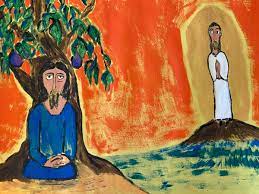
“
A long time ago, an old rabbi once asked his pupils how they could tell when the night had ended and the day was on its way. “Could it be,” asked one student, “when you can see an animal in the distance and tell whether it’s a sheep or a dog?” “No”, answered the Rabbi. “Could it be,” asked another, “when you look at a tree in the distance and tell whether it’s a fig tree or a peach tree?” “No,” said the Rabbi. “Well, then what is it?” his young pupils demanded. “The coming of day is when you look on the face of anyone and see that she or he is your sister or brother. Because if you cannot do this, then no matter what time it is, it is always night.”
Jesus saw Nathaniel from a distance, under a fig tree and recognized him not only in a brotherly way but as a disciple. Nathaniel will forever be famous for his somewhat callous remark, “Can anything good come out of Nazareth. Jesus in turn, describes Nathaniel generously, “Here is truly an Israelite in whom there is no deceit!” There was no guile in Nathaniel. Jesus saw him for who he was – a brother – a man of good nature. Because Jesus saw him, from under the fig tree. And Nathaniel in turn, saw Jesus for who he was – a divine brother yes – but also as the Son of God – the King of Israel. Because Nathaniel was under the fig tree. What role does a Fig Tree play in all this?
The fig tree was the first plant to be named in the Bible – remember the story in Genesis, how the leaves of the fig tree covered the nakedness of Adam and Eve? The fig tree was useful in other ways, and sacred in many religions. The Bodhi tree, under which Buddha found enlightenment, was a very old fig tree. Moslems call the fig tree the “tree of Heaven” because the prophet Mohammed swore by it “By the fig and the olive” it says in the Koran. The fig tree was sacred to the Greeks and Romans as well. Rome was said to be founded on the site of a fig tree. For the Jewish people, the Fig tree was a common place for prayer and study. Under the shade of the Fig Tree, the disciple could reflect, pray and seek God’s will. Under the Fig Tree, no doubt, Nathaniel recalled God’s promises of peace, prosperity, wellbeing and spiritual fulfillment from the words of the prophet Micah “… everyone will sit under their own vine and fig tree and no one shall make them afraid “4:4)
So, Nathaniel sat under a Fig Tree. Seeking what we all seek. The meaning of life. A sense of hope, a surety – that somehow, our life has direction. Purpose. Satisfaction. Fulfillment. Under the blessings of the Fig Tree the sacred traditions teaches us how to see a brother or sister in the face of a stranger. To see a person for who they truly are. And to be our best self as well. Under the Fig Tree we seek to know God. Under the Fig Tree we hear God naming our gifts, calling us by name and inviting us to be his disciples.
So, Jesus saw Nathaniel, under the fig tree. And Nathaniel became a disciple of Jesus. Nathaniel is a reminder that our growing faith needs continual grounding in prayer and reflection.
Tomorrow, as a nation, we honor the life and witness of the Rev. Dr. Martin Luther King, Jr. While many remember him as one of the leaders of the civil rights movement in the United States, his work was much broader. He stood for economic justice. He spoke out on behalf of the poor. He died defending the rights of sanitation workers in Memphis, TN. He called for peace and an end to the Vietnam War.
King organized. King marched. King preached. King prayed. Dr. King reveals what both the prophet Samuel and Nathaniel affirm —prayer and listening to God is the basis of discipleship. So before speaking out about the situations of difficulties in life and injustice in the world, we need to sit under our fig tree, where we can be silent, pray, and listen for God’s will.
On January 28, 1956, during the Montgomery bus boycott, Dr. King received a disturbing phone call that threatened his family, threatened to bomb his house, late at night. How scary that must’ve been. He couldn’t sleep. He went to his kitchen and took his problem to God. He was at a breaking point of exhaustion and about to give up. He spoke to God.
He prayed this prayer: “Lord, I am here taking a stand for what I believe is right. But now I am afraid. The people are looking to me for leadership, and if I stand before them without strength and courage, they too will falter. I am at the end of my powers. I have nothing left. I’ve come to the point where I can’t face it alone.”
Soon after that prayer, King experienced the Divine and “could hear the quiet assurance of an inner voice, saying, ‘Stand up for righteousness, stand up for truth. God will be at your side forever.’” His fears and uncertainty ceased because God spoke and gave him “inner calm. Dr. King went to the Fig Tree. And there, God gave him strength. He needed God to speak first. Then he could act.
Rev. King was able to accomplish so much because he spent time under the Fig Tree. He insisted on taking regularly a “Day of Silence” to pray, plan and listen. It’s what made his ministry so powerful. It’s what changed our nation. It is what has changed us. It will continue to change us – and our nation – if we but follow in his footsteps and spend time under the Fig Tree.
Our Saviour is in its “in between time” Between called pastors. It’s so important that we take time together now and sit under the fig tree and pray with each other. As we pray together, we find, like Dr King, the strength to face the challenges of mourning the loss of a beloved pastor, Pastor Bob. We mourn the loss of old programs. We mourn the loss of old friends and members that have died or moved on. As we pray under that fig tree, we face the unknown future, questions we don’t have the answers to yet. What’s coming next? What new ministries will God stir up? Who are the new brothers and sisters we will come to know? We will begin to find the answers there, under the fig tree.
Today God calls each of us by name to be disciples of Jesus. You and I have been entrusted with great gifts to share. We each have a task here at Our Saviour to move our church forward. We may be tempted to act before praying. Some churches do forget this step – they send out requests for new pastors, start new ministries without seeking God’s wisdom first. But first things first. We must sit together and pray. Let us pray for all the changes we face. Let us pray for the new dreams, the new visions, the new ministries that God wants to reveal here at our Saviour. Let us even pray for that new pastor who God will lead here – in God’s time.
As we make prayer a priority, as we listen to Jesus, he will surely lead us step by step. From uncertainty to the truth. From fear to faith. Let us have hope, because through Jesus, we will see in the face of a stranger our brother and sister – and we gladly welcome these new brothers and sisters – as we will welcome a new day– a renewed Our Saviour – to continue the ministries for another 100 years. So, we pray confident under the fig tree: where Jesus finds us, calls us out – where he will lead us into a certain future of ministry and service, when night will end and day will dawn, to the glory of God. Amen
http://timvalentine.wordpress.com/2009/04/04/makingthisoldworldanewworld/
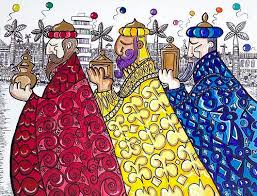
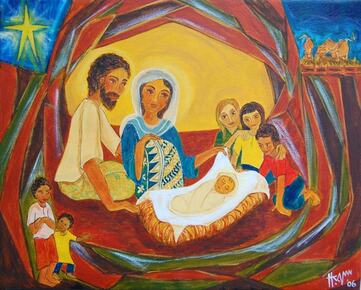
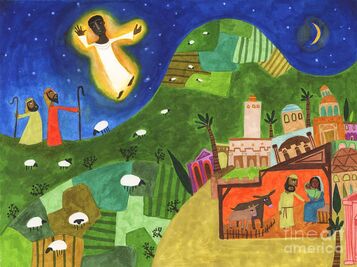
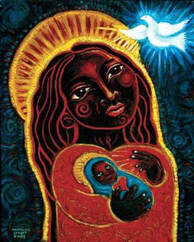
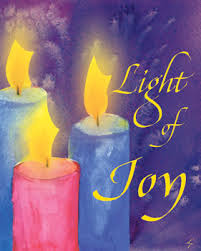
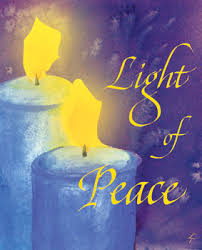
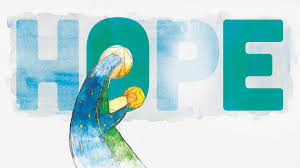
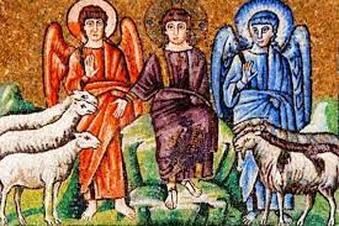

 RSS Feed
RSS Feed